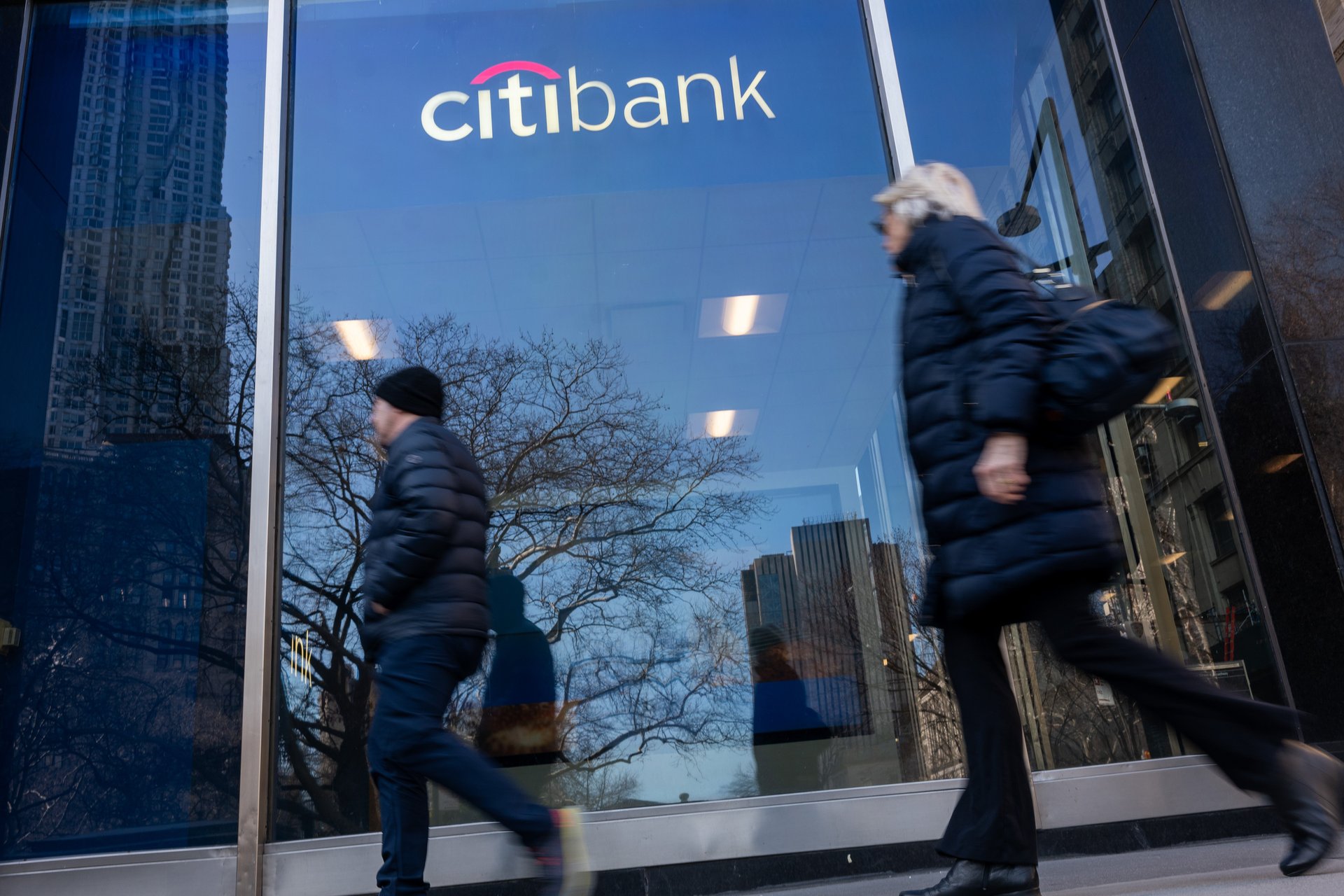Donald Trump's election win is a 'regulatory game changer' for banks, Wells Fargo says
More free markets, less harsh oversight, and reduced regulatory risk will benefit big banks

A second Donald Trump presidency could be a boon for big banks, according to Wells Fargo (WFC) analyst Mike Mayo.
Suggested Reading
In a research note Wednesday, Mayo said Trump — who won the White House after yet another contentious election cycle — will be a “regulatory game changer” for the banking sector. A new Trump administration would mean “more free markets, less harsh oversight (aids capital, costs, fees), and reduces ‘regulatory risk.’”
Related Content
These things would help banks by driving investment banking revenues, loan growth, and a more pro-business attitude that will help banks’ bottom line. Citi (C) is a favorite to benefit, according to Mayo.
As the markets began reacting to the Trump win early Wednesday, bank stocks were among the biggest beneficiaries. JPMorgan Chase (JPM) and Citigroup shares climbed 8% after the market opened; Wells Fargo stock surged 12%; Bank of America (BAC) rose 7%; Goldman Sachs (GS) shares increased 10%; and Morgan Stanley (MS) added 9%.
On the campaign trail, Trump promised to cut the corporate tax rate to 20% from its current 21%. Although only a small decrease, each percentage point represents millions of dollars for firms. The now-president-elect has long positioned himself as a pro-Wall Street and pro-big-business candidate.
At a June meeting with top U.S. CEOs, including JPMorgan CEO Jamie Dimon and Citi CEO Jane Fraser, Trump also vowed to make his 2017 corporate tax reductions permanent and to renew tax breaks for individuals and small businesses.
Basel III Endgame, new banking requirements that would force big banks to keep more cash on hand, are also top of mind as regulators have pushed for a mid-2025 rollout. Policy analysts at Bloomberg Intelligence have suggested that a Trump administration would press pause on these capital requirements.
“Former President Donald Trump’s reelection likely staves off any capital increases for banks under the rule known as the Basel III Endgame,” senior analysts Nathan Dean and Arnold Kakuda said. “New regulatory leadership at the Office of the Comptroller of the Currency in 2025 will likely refuse to move forward.”
They added, “We can’t rule out a watered down version of the rule being finalized in 2026 or 2027, but initially, we think work associated with the rule will be paused.”
These rules have already been watered down from their initial iteration. The original rules, introduced in June 2023, would have raised capital requirements by 19% for banks with over $100 billion in assets.
In September, regulators announced a modified proposal that would increase capital levels by 9% for big banks, after considerable pushback from top U.S. bankers.
